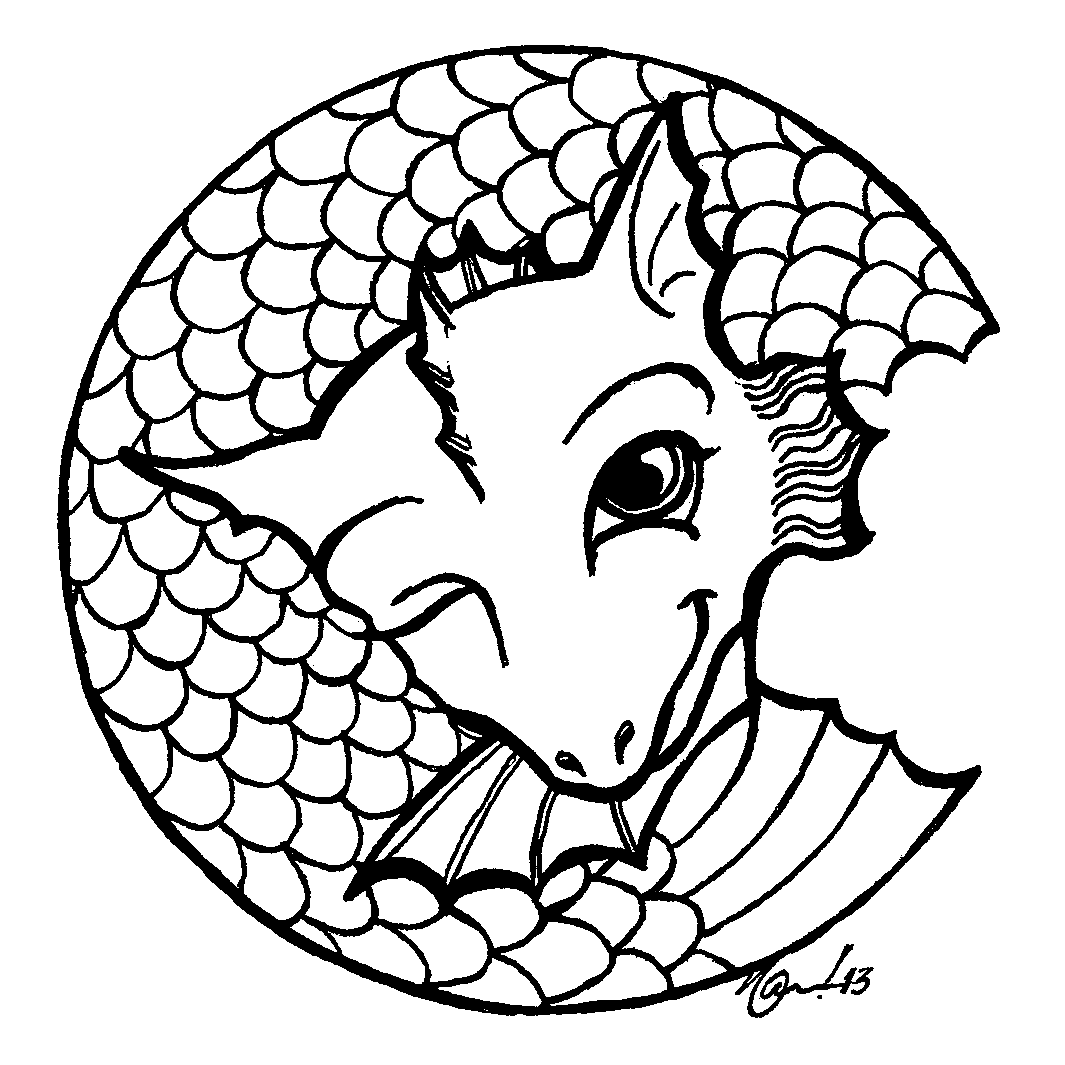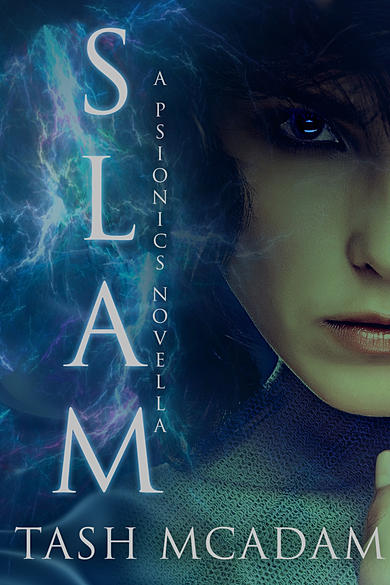 Hey everyone! I'm going to Chessiecon this weekend! Chessiecon is a sci-fi/fantasy convention in the Baltimore area. From Friday after Thanksgiving through Sunday, I'll be peddling books in the vendor's hall and discussing sci-fi/fantasy. Fellow Red Adept Publishing authors Stephen Kozeniewski and Elizabeth Corrigan will be there as well. So if you're in the area, come by the North Baltimore Plaza Hotel for what promises to be an awesome con.
Hey everyone! I'm going to Chessiecon this weekend! Chessiecon is a sci-fi/fantasy convention in the Baltimore area. From Friday after Thanksgiving through Sunday, I'll be peddling books in the vendor's hall and discussing sci-fi/fantasy. Fellow Red Adept Publishing authors Stephen Kozeniewski and Elizabeth Corrigan will be there as well. So if you're in the area, come by the North Baltimore Plaza Hotel for what promises to be an awesome con.
Below is my schedule of panels (and yes, the "Pierce" referred to in the panelist listings is Tamora Pierce!). Hope to see you there!
FRIDAY
2PM-3PM The Appeal of Dystopia in Young Adult Fiction - GS1 (Greenspring Ballroom)
The popularity of books such as The Hunger Games and Divergent shows that contemporary teens (and adults who read teen books) are hungry for tales of post-apocalyptic futures and oppressive societies. Outcasts, rebellions, and the horrors of stringent laws have all become common themes. This panel will explore some of the reasons why dystopian YA fiction has seen such a surge in popularity. Ackley-McPhail, Aire, Crist, Fan, Friedman
4PM-5PM Diversity in Science Fiction - GS1 (Greenspring Ballroom)
We will discuss why there is so little, how to improve, which works notably have it, or notably miss the mark. Aire, Cipra (M), Fan, HR Jones, Liebe
5PM-6PM The Evolving Landscape of Publishing - GS1 (Greenspring Ballroom)
With the rise of small presses, e-books, self-publishing, and online platforms, publishing has changed a lot in the 21st century. Both seasoned authors and aspiring writers have more options than ever before. This panel will discuss how to navigate the evolving landscape of publishing - and avoid the pitfalls. Corrigan, Demchick, Fan, Kozeniewski
SATURDAY
10AM-11PM How Not to Get Published - GS3-5 (Greenspring Ballroom)
A discussion of the mistakes and pitfalls common in publishing SF/F. Demchick, Fan, Kozeniewski, McLaughlin
3PM-4PM Why Do Adults Love Young Adult Fiction - GS3-5 (Greenspring Ballroom)
Everyone holds close YA stories they read when they were young. But some of those stories garner fans who first find them well over the age range they're marketed for. Is this a result of selective nostalgia for the “good old days” of their own teen years? Or is there something timeless about YA fiction that appeals to a wider age range? Ackley-McPhail, Corrigan, Edghill, Fan, Pierce
SUNDAY
10AM-11AM Reaching Readers (Timonium)
"Whether a writer is self-publishing ebooks, serializing fiction online, or promoting traditionally published books, modern technology is rife with opportunities (and pitfalls) for connecting with readers. The old advice about writers remaining aloof is outdated--especially in marginalized communities. Aloofness is a privilege that writers can't afford, but should writers participate in ""readers only"" spaces like Goodreads? What are the do's and don'ts of serializing as part of a web presence? What do readers want from authors online and how can authors benefit from that relationship?" Corrigan, Demchick, Fan, Kozeniewski
2PM-3PM Designing a Magic System - GS1 (Greenspring Ballroom)
Fantasy authors often create new worlds (or slightly bend this one) to include magic. What counts as magic? What are the things that can go wrong when including magic in your work? How much do you have to explain how the magic works? How do you keep it consistent and satisfying? Crist, Fan, Friedman, Hammond (M), Pierce














